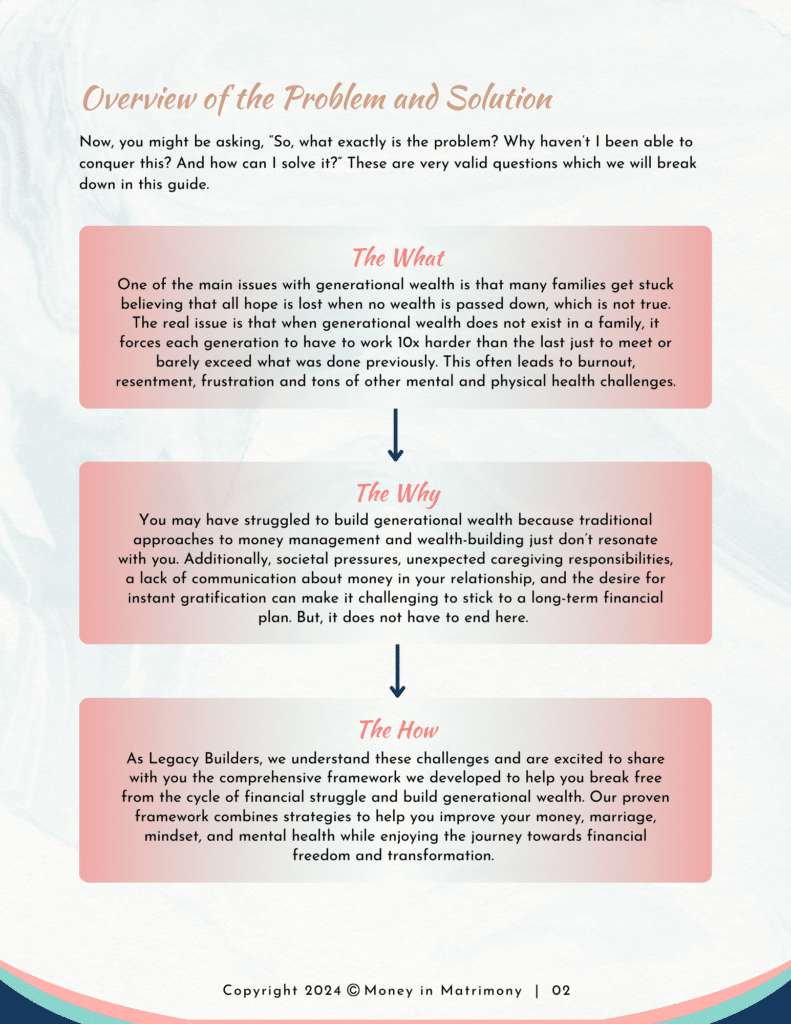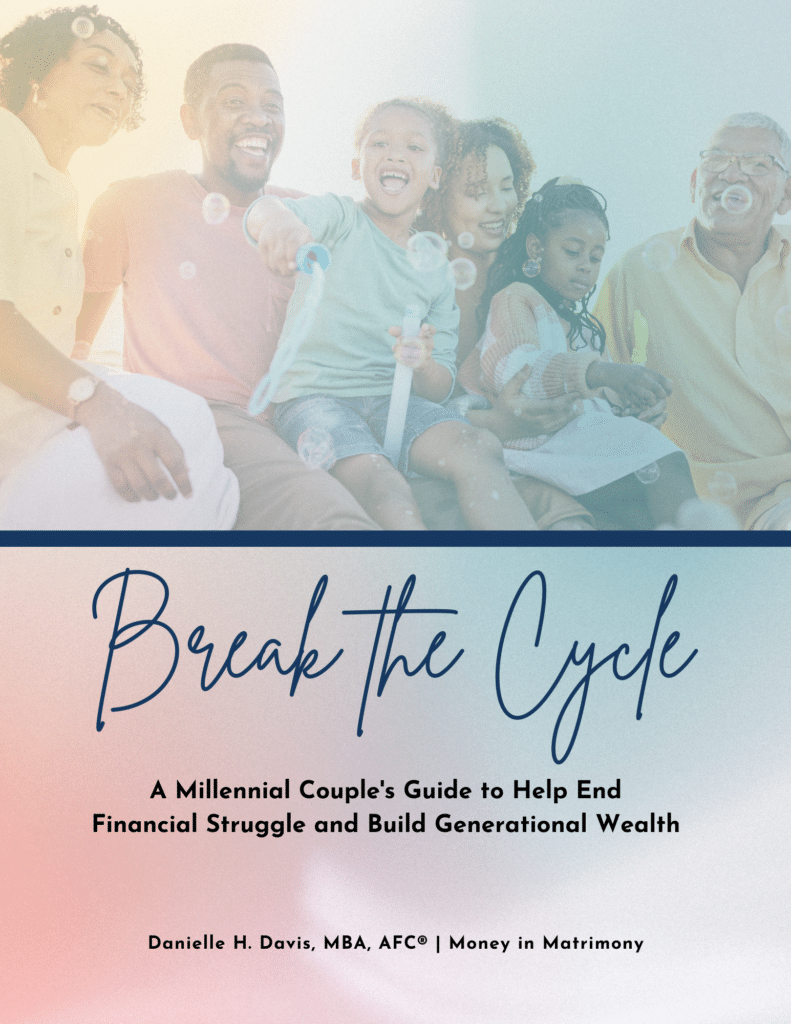3 Reasons Why You Should Not Deplete Your Emergency Fund To Pay Off Debt
This post may contain affiliate links which means that I will receive a small commission for purchases made through those links, at no cost to you.

Recently, I explained several ways to build your emergency fund while paying off debt. You can find that post here: 5 Ways to Build Your Emergency Fund While Paying Off Debt. Today, I am discussing 3 reasons why you should not deplete your emergency fund to pay off debt. It is perfectly okay to just maintain what you have and not increase the emergency fund if you are trying to get out of debt quickly. However; depleting this account is not always the best option.
There are more than a few financial experts who recommend that you not add any extra money to your emergency fund, while you are working to pay off debt. On the other hand, there are also others who recommend that you should use the majority of the emergency fund you do have stashed to pay off debt. There are usually a few exceptions, i.e. the birth of a child. However; I don’t agree with the latter part of these recommendations and here’s why:
1. You never know when tragedy will strike
2. May take longer to rebuild
3. Increased stress
Let’s take more of a deeper dive into the 3 reasons why you should not deplete your emergency fund to pay off debt.
3 Reasons Why You Should NOt Deplete Your Emergency Fund to pay off Debt
1. You Never Know When Tragedy Will Strike
In one of my earlier posts, I shared some personal details about what happened when I was on maternity leave. I will give you a quick recap for my readers who don’t remember. Here goes…
I arranged with my job to take a 12-week UNPAID maternity leave. While out on maternity leave, a pipe burst in my home and flooded the entire master closet. This happened the week before I was due to return back to work. Of course, we had homeowners insurance, but we were still required to pay a deductible upfront which totaled a few thousand dollars.
In addition to paying the deductible, we also had to pay for additional repair expenses which the insurance company didn’t cover. Since I had little to no money coming in, my husband and I had to utilize our emergency fund to pay for everything. In the midst of being on maternity leave and having the pipe burst, we were also making small debt payments. We had no way of anticipating that this would happen in our 12-year-old home. So, if we had drained our emergency fund to pay off debt, we would have been stuck!
The crazy part is that after we took care of all the repairs, the pipe burst a SECOND time six months later and we ended up having to get the entire house re-piped! Imagine my husband and my frustration when the insurance company only decided to cover a portion of the total costs. Despite the anger, we felt with the entire situation, we were able to once again pull money from our emergency fund to pay for the costs.
2. May Take Longer to Rebuild
The withdrawal phase of funds from your emergency fund might be very easy and quick. However; the rebuilding phase probably won’t be so easy. If you and your spouse are not disciplined, it may take a long time to rebuild the emergency fund back up to the level where it once was. Just as you and your spouse may have developed a debt payoff plan, you must also develop a savings plan. Review your budget and decide on the number which can be deposited into the emergency fund every month and stick to the plan.
Years ago, my husband and I decided that we would not use our emergency fund to pay off debt. Instead, we decided that we would create a plan and use our regular paychecks and any extra income to take care of debt payments. So far, it has worked very well and we are down to our very last consumer debt, with the exception of the mortgage and we have not had to worry about trying to rebuild the emergency fund.
3. Increased Stress
I don’t know about you, but I’m the type of person who needs to know that there’s a safety net in place during the tough times. I have to know that there are funds available for us to use when there really is a true emergency. There’s something about having a backup plan or safety net that just makes me feel secure and maybe you might feel the same way too.
During the first two years of marriage, my husband and I didn’t have much of an emergency fund and I often felt very stressed. We were young and hadn’t even graduated from college yet. Many times, I wondered what we would do if we had any type of emergency. I’ve never been one to borrow money from my family, so that was totally out of the question. There are so many other things in this world that can and will stress you out. Don’t let the lack of an emergency fund be one of them!
Final Thoughts
I have discussed 3 reasons why you should not deplete your emergency fund to pay off debt which are:
1. You never know when tragedy will strike
2. May take longer to rebuild
3. Increased stress
Ultimately, you and your spouse will have to decide which approach is best for your household. For me, building and maintaining an emergency fund has been a blessing because as I mentioned earlier, my husband and I actually ended up really having to use it not once, but twice within 6 months for two rather large emergencies. Having that emergency fund removed the extra stress and anxiety I would have had if we didn’t have this safety net in place. If at all possible, please consider using alternative methods to pay off debt versus depleting your emergency fund.








